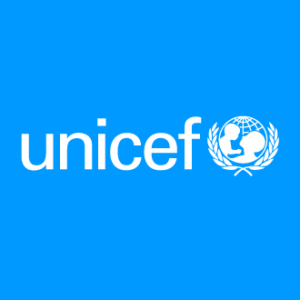- UNICEF
- UNESCO
- World Health Organization

The UNICEF, or United Nations Children’s Fund, is an agency of the United Nations responsible for providing humanitarian and developmental aid to children worldwide. The agency has a presence in 192 countries and territories around the world.
Some of the activities of UNICEF include providing immunizations and disease prevention, administering treatment for children and mothers with HIV, enhancing childhood and maternal nutrition, improving sanitation, promoting education, and providing emergency relief in response to disasters.
 The UNESCO, or United Nations Educational, Scientific and Cultural Organization, is a specialized agency of the United Nations with the aim of promoting world peace and security through international cooperation in education, arts, sciences and culture.
The UNESCO, or United Nations Educational, Scientific and Cultural Organization, is a specialized agency of the United Nations with the aim of promoting world peace and security through international cooperation in education, arts, sciences and culture.
UNESCO sponsors projects that improve literacy, provide technical training and education, advance science, protect independent media and press freedom, preserve regional and cultural history, and promote cultural diversity.

The WHO, or World Health Organization, is a specialized agency of the United Nations responsible for international public health. It is headquartered in Geneva, Switzerland, and has six regional offices and 150 field offices worldwide.
The WHO’s official mandate is to promote health and safety while helping the vulnerable worldwide. It provides technical assistance to countries, sets international health standards, collects data on global health issues, and serves as a forum for scientific or policy discussions related to health.